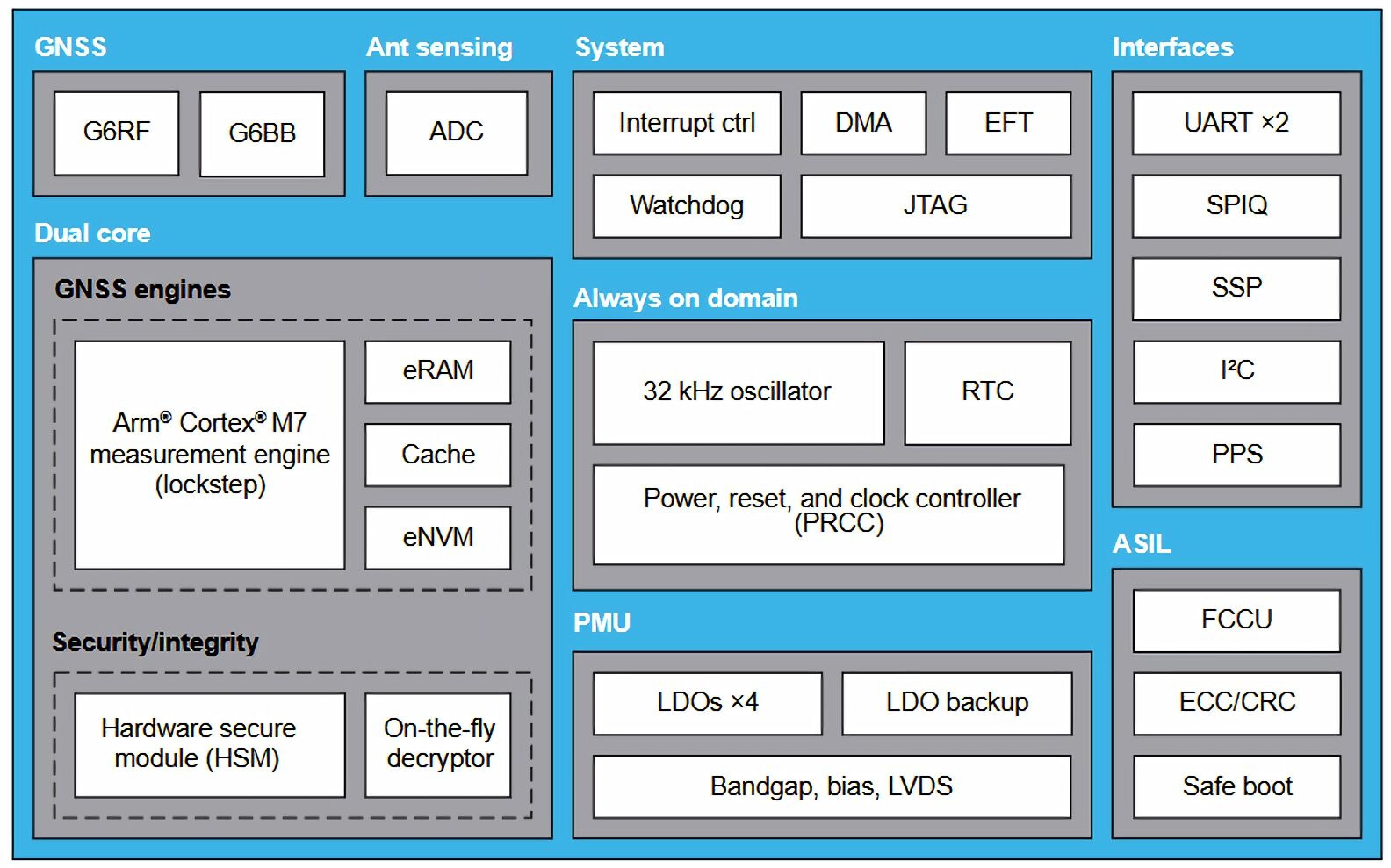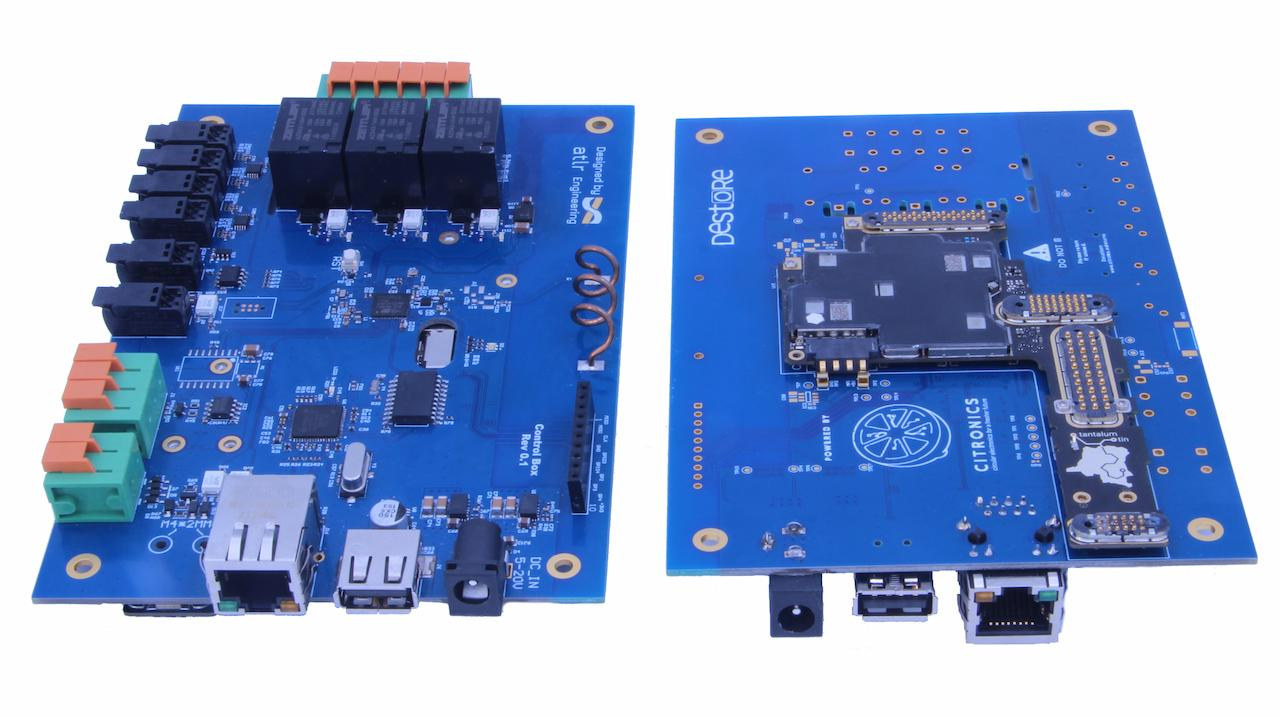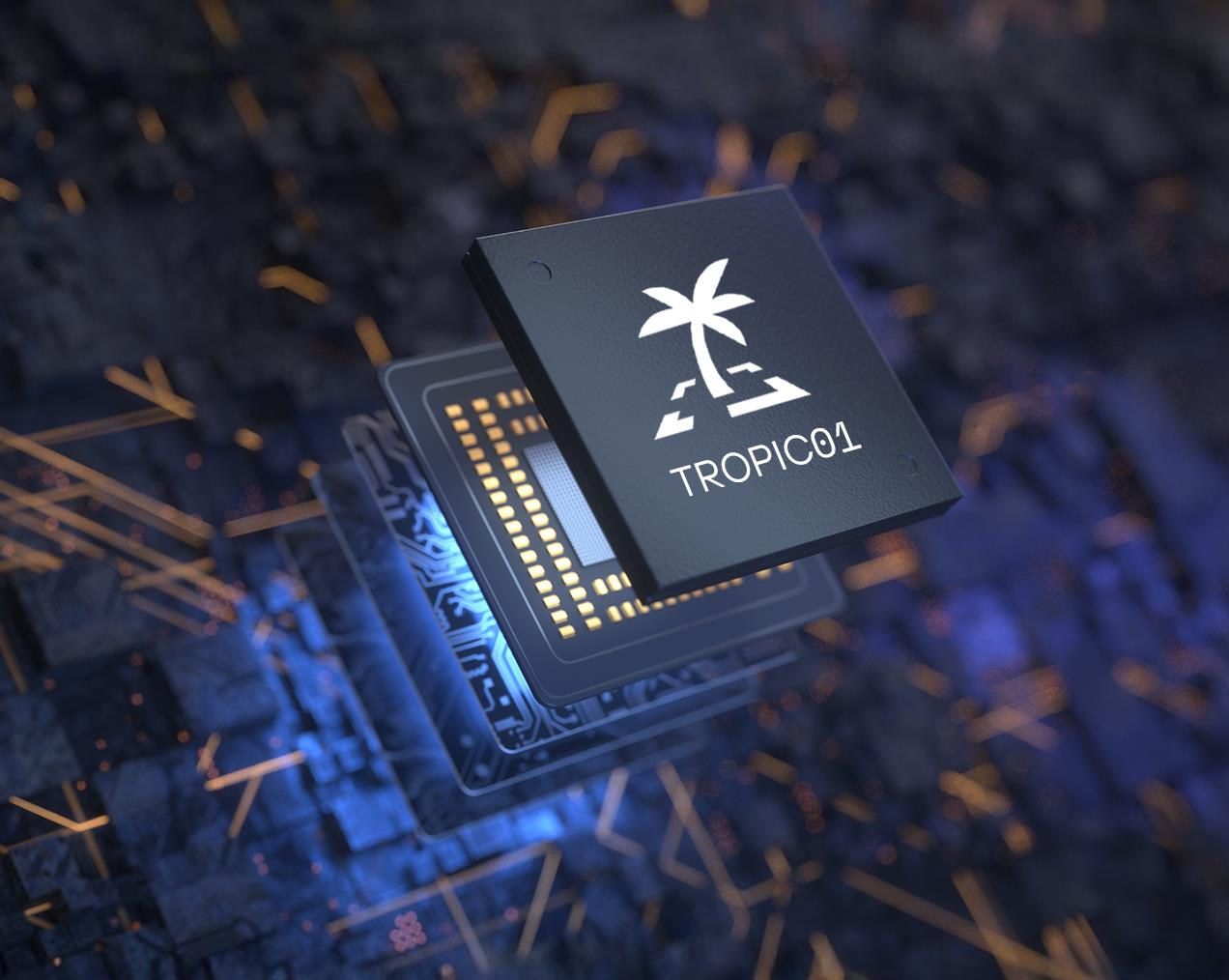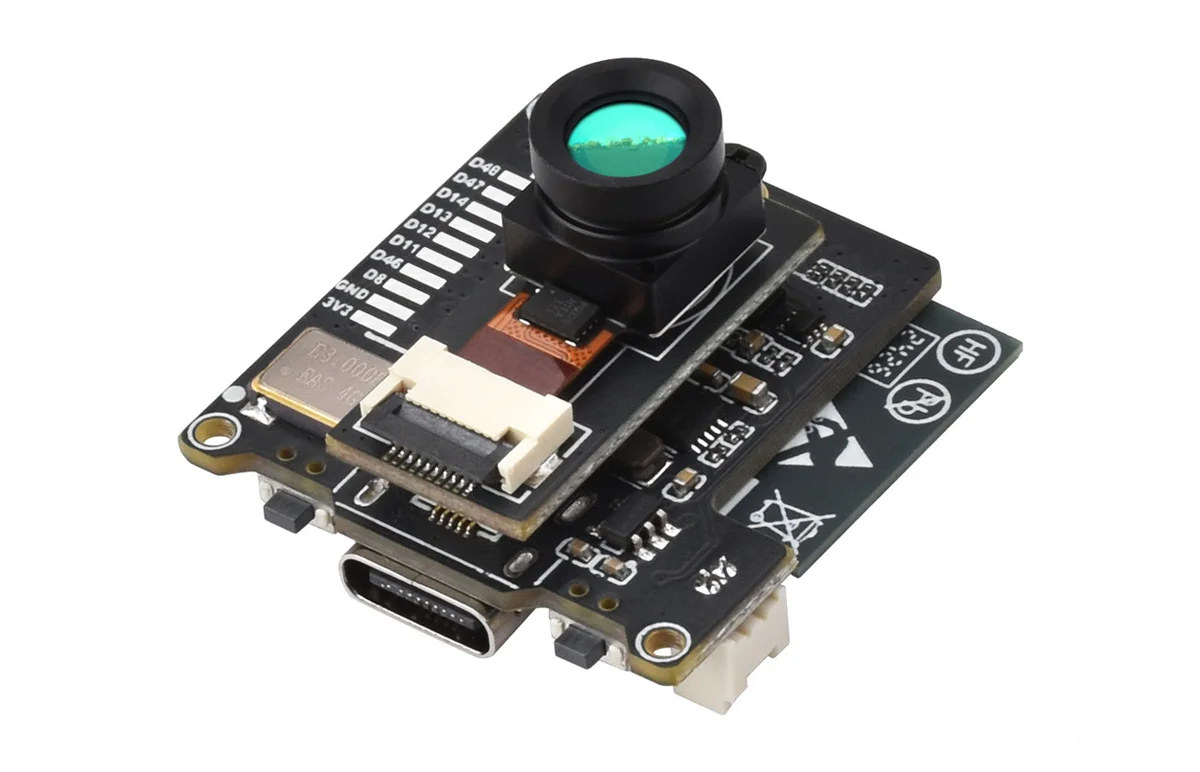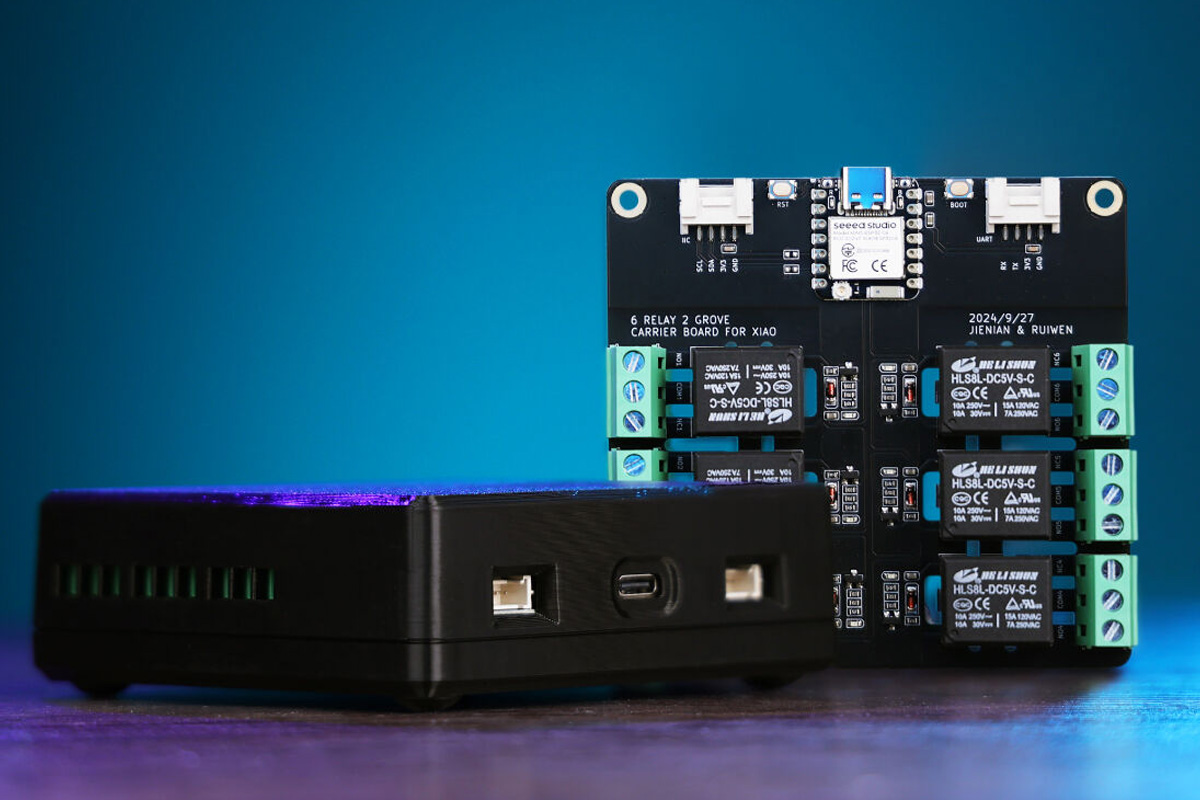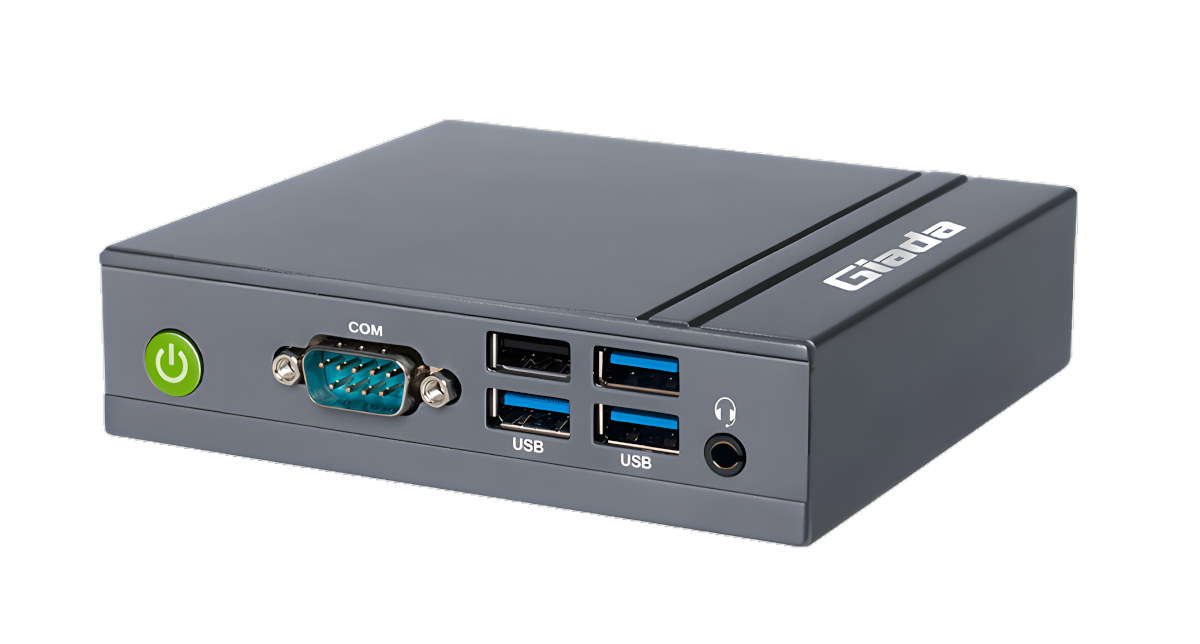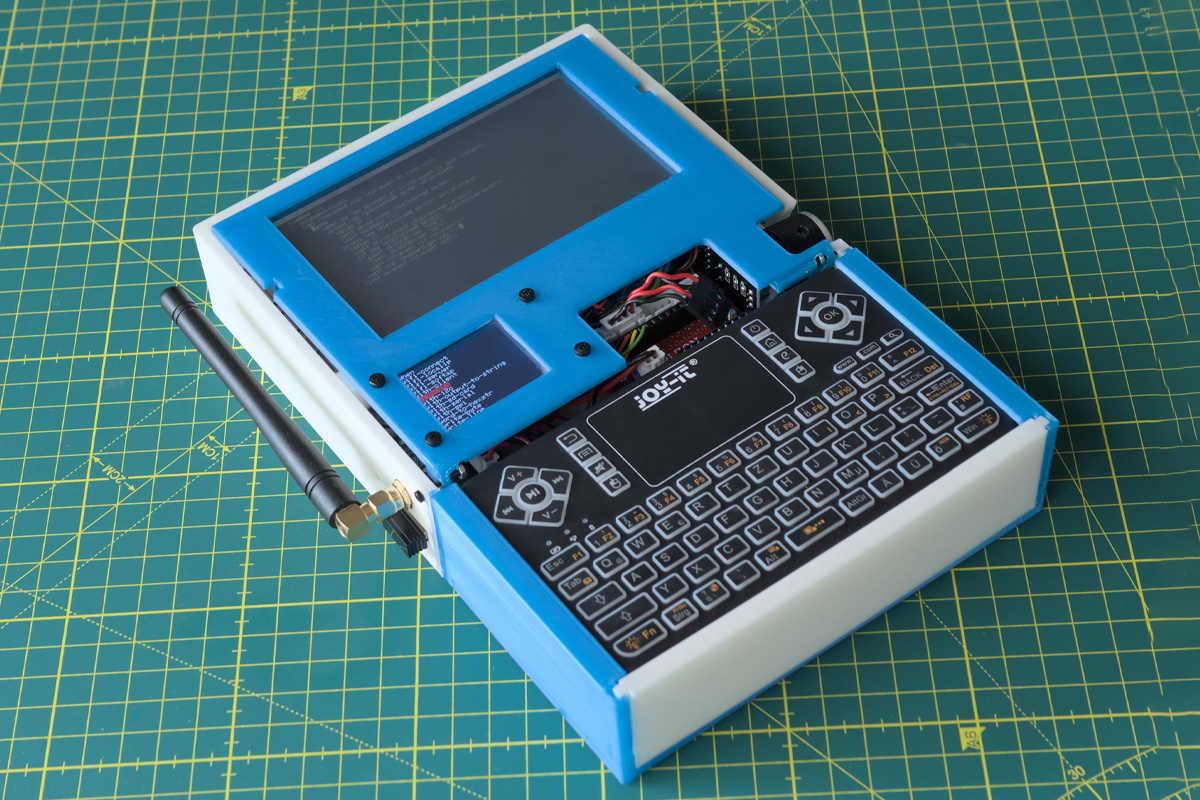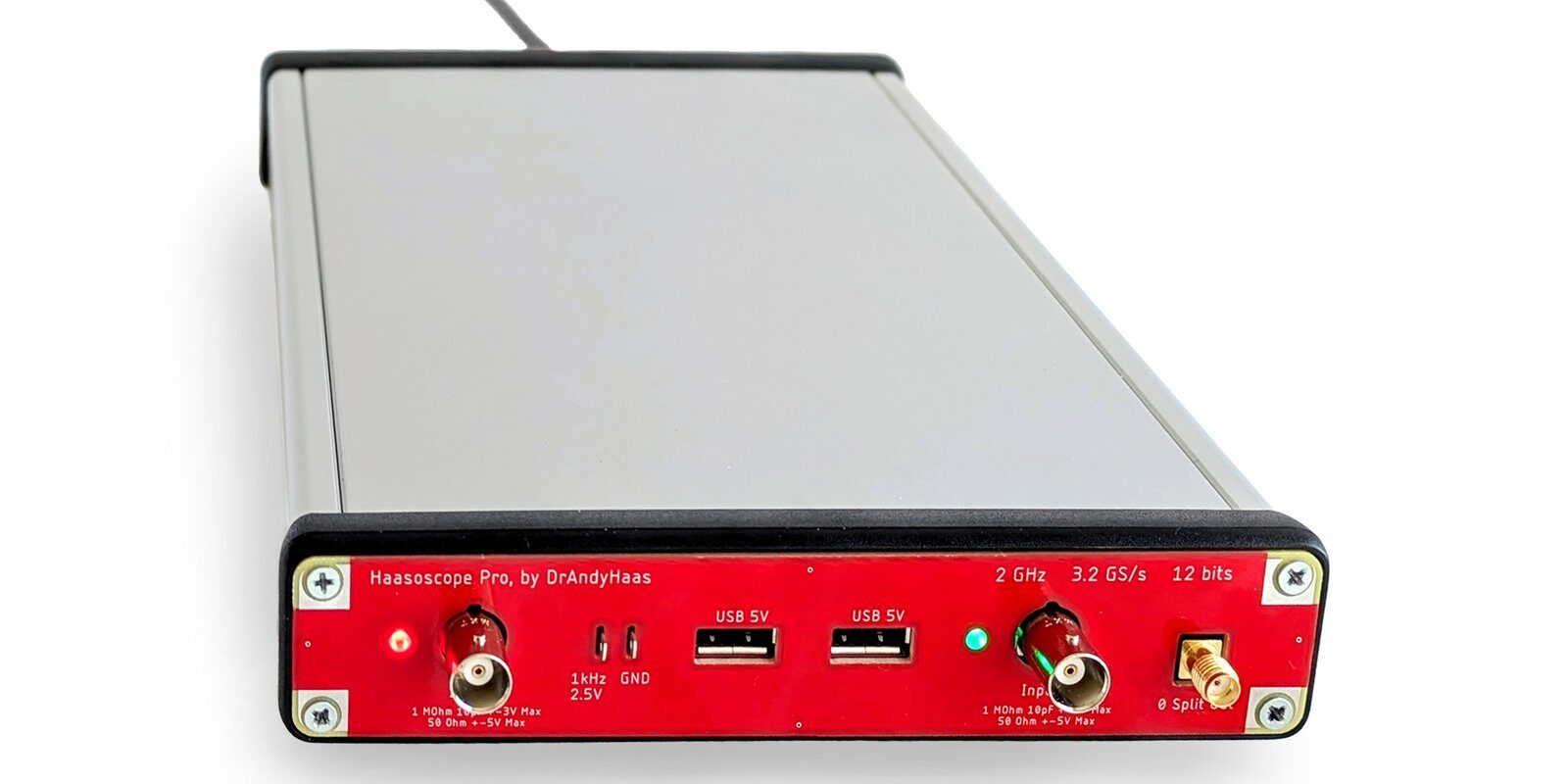STMicro has launched the Teseo VI family of global navigation satellite system (GNSS) receivers for high-volume precise positioning applications. These quad-band GNSS receivers support multiple constellations and frequency bands, enabling high-accuracy positioning for various automotive and robotics applications. The Teseo VI quad-band GNSS receivers are described as the first chips in the market to “integrate multi-constellation and quad-band signal processing in a single die.” The single-chip design allows for compact products and accelerates time to market. The new Teseo VI GNSS family includes the Teseo VI STA8600A, Teseo VI+ STA8610A, and the Teseo APP2 STA9200MA. All variants integrate dual independent Arm Cortex-M7 cores with ST’s proprietary phase change memory (PCM) technology, eliminating the need for external memory. They are targeted at applications in advanced driving systems, autonomous vehicles, asset tracking, smart agriculture, and robot deliveries. Other quad-band GNSS modules include the Quectel LG290P and u-blox X20. Teseo VI STA8600A, VI+ […]
Citronics built a router based on the Fairphone 2 mainboard
Belgium-company Citronics has designed a router based on the mainboard of the Fairphone 2 smartphone, connecting the Qualcomm Snapdragon 801 “system-on-module” to a carrier board with Ethernet, USB ports, and other connectors, while leveraging 4G LTE, WiFi, and Bluetooth connectivity from the phone’s core board. Citronics calls this type of hardware “Circular Microcomputers,” which refers to small computers focusing on sustainability and circular economy principles using parts from discarded devices like old smartphones. There’s actually more than one router, as Citronics designed its own development kit, and also partnered with other companies to design custom gateways based on the Fairphone 2 mainboard. Let’s have a look at the devkit first. Citronics devkit: Fairphone 2 mainboard SoC – Qualcomm Snapdragon 801 (MSM8974AB) quad core Krait 400 processor @ up to 2.26 GHz with Adreno 330 GPU System Memory – 2 GB LPDDR3 Storage – 32GB eMMC flash Connectivity – 2G/3G/4G LTE, […]
Tropic Square TROPIC01 is an auditable, open architecture, tamper-proof RISC-V secure element (SE) for IoT and microcontrollers
Tropic Square TROPIC01 is an auditable, open architecture, tamper-proof RISC-V based secure element (SE) designed to interface with microcontrollers in products such as hardware wallets, authentication solutions, biometric wallets, medical devices, and other IoT solutions. There are plenty of secure elements on the market, but their design is usually closed-source, so the design can’t be easily verified by third parties and flaws may remain hidden even when discovered. With its open designs, potentially flaws in the TROPIC01 can easily be found, disclosed, and fixed by the community, and such verifiable design improved trust in the security of the solution. TOPIC01 secure element specifications: CPU core – RISC-V IBEX Controller Core with secure firmware updates and customizable FW upon request Memory OTP to store x.509 certificate and keys Flash to store general purpose and PIN verification data Memory address scrambling On-the-fly encryption Error correction code protection Communication Interface SPI application control […]
ESP32-S3 infrared thermal imaging camera module offers 80×62 resolution, 45° and 90° wide angle versions
Waveshare has launched an ESP32-S3-based thermal imaging camera module based on the same 80 x 62 infrared camera found in its Thermal-45/90 camera Raspberry Pi HAT and Thermal-45/90 USB camera. The thermal camera module is offered with two field of views, namely 45° for the basic version and 90° for the wide angle variant, twenty solder pads with GPIOs, UART, and I2C for expansion, a USB-C port for power and programming, and a 2-pin header to connect a battery if required. Waveshare “ESP32-S3 IR thermal imaging camera module” specifications: Wireless Module ESP32-S3-WROOM-1 MCU – ESP32-S3 dual-core Tensilica LX7 up to 240 MHz with 512KB SRAM, up to 8MB PSRAM Storage – 16MB flash Wireless – WiFi 4 and Bluetooth LE 5 Thermal Camera – Meridian Innovation MI0802 Resolution – 80 × 62 Field of View (FOV) 56°(D) x 45°(H) x 34°(V) (Baisc version) 122°(D) x 90°(H) x 67°(V) (Wide angle […]
ESP32-C6-based Wi-Fi relay board features six 10A relays, supports Home Assistant, 3D printed enclosure
Seeed Studio’s XIAO 6-Channel Wi-Fi 5V DC Relay is a compact ESP32-C6 Wi-Fi relay board built around the XIAO ESP32C6 module which supports Wi-Fi 6, BLE 5.0, Zigbee, and Thread connectivity. Designed for remote control and automation, the device comes with pre-installed ESPHome firmware and features six independent relay channels, each supporting 10A at 30V DC or 250V AC, making it ideal for simultaneously controlling multiple DC or AC devices. The board also has two grove ports for sensors and actuators, making it suitable for home automation, industrial control, energy management, smart agriculture, and other applications. XIAO 6-Channel Wi-Fi 5V DC Relay Board Specifications Main module – XIAO ESP32C6 SoC – ESP32-C6 CPU Single-core 32-bit RISC-V clocked up to 160 MHz Low-power RISC-V core @ up to 20 MHz Memory – 512KB SRAM, 16KB low power SRAM Storage – 320KB ROM, and 4MB flash Wireless – 2.4 GHz WiFi 6, Bluetooth […]
Giada DN25 fanless 4K digital signage player features Raspberry Pi CM5 Lite module and eMMC flash
Most products based on Raspberry Pi CM5 make use of the eMMC flash version, but Giada DN25 fanless 4K digital signage player relies on the Raspberry Pi CM5 Lite module instead, but still uses 32GB or 64GB flash. This looks like a contradiction at first since the CM5 Lite module has no eMMC flash, but more on that later. The media player uses a CM5 Lite module with 2GB RAM and a wireless module, and features two full HDMI ports to drive up to two 4K displays, a 3.5mm audio jack, a Gigabit Ethernet port, four USB ports, and an RS232 port for peripheral connection (e.g. barcode scanner). Giada DN25 specifications: Compute Module – Raspberry Pi CM5 Lite Module SoC – Broadcom BCM2712 CPU – Quad-core 64-bit Arm Cortex-A76 processor @ 2.4GHz GPU – VideoCore VII GPU with support for OpenGL ES 3.1 graphics, Vulkan 1.3 VPU – 4Kp60 HEVC decoder […]
LispDeck handheld lisp computer Runs uLisp on Teensy 4.1 with Wi-Fi, LoRa, and two screens
Designed by Hartmut Graw, the LispDeck is a Handheld Lisp computer built around the Teensy 4.1 microcontroller for Lisp programming on the go. It features a dual-screen setup with a 5-inch touchscreen and, a secondary ST77350-based TFT display. It also has an Adafruit RFM96 radio module, an ESP8266 Wi-Fi module, a rotary encoder, an SD card for storage, and a detachable wireless USB keyboard, all housed in a 3D-printed case. Running the uLisp language, it features a standalone Lisp programming environment without needing a PC or tablet. It is an evolution of the LispBox, with a portable and battery-powered design, which also maintains compatibility. Unlike Raspberry Pi-based cyberdecks, the LispDeck is designed for complete control over the system without the complexity of Linux. It is useful for Lisp enthusiasts who want a compact, dedicated computing device that’s fully documented. LispDeck Specifications SoC – NXP i.MX RT1062 via Teensy 4.1 board […]
Haasoscope Pro open-source, real-time sampling USB oscilloscope supports up to 2GHz bandwidth (Crowdfunding)
The Haasoscope Pro is an open-source hardware, high-bandwidth, and real-time sampling USB oscilloscope. Building upon its predecessor, the Haasoscope, the new Pro model offers a bandwidth of 2GHz, 12-bit resolution, and a 3.2GS/s sampling rate. The Haasoscope Pro USB oscilloscope is “designed to be low cost, while maintaining super-fast performance.” While it only comes with 2 channels, the flexible design makes it possible to combine and sync multiple devices (using Cat5 cables) to double the sample rate or add more channels. The oscilloscope works with standard x10 passive probes but a custom active probe, the Haasoscope Pro-be, is also offered. It supports the full 2GHz analog bandwidth and is priced much cheaper than similar probes. The Haasoscope Pro USB oscilloscope’s high sampling rate and bandwidth make it ideal for radio frequency signal analysis and high-speed digital debugging. It is similar to the ThunderScope Thunderbolt and PCIe oscilloscope which offers more […]


